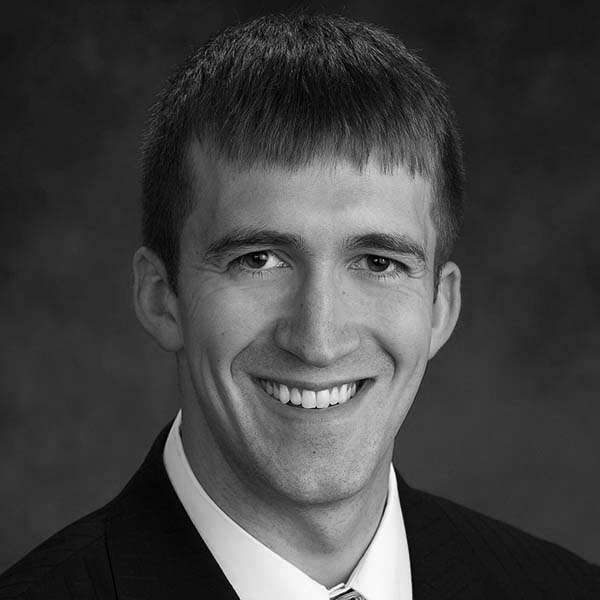It’s human nature to tell stories about the past, and doctors aren’t immune to that impulse. The second year medical students rotating through my clinic have me reflecting on my own years as a fledgling physician, and the changes I’ve seen in my decades of practice.
I remember one late evening spent in the PICU watching over a toddler who had meningitis. At one point I turned and bumped into a bedrail, which came crashing down. Both my preceptor and I jumped, and I probably even shrieked. The child, however, didn’t even blink. That’s when we knew her illness had left her profoundly deaf.
The seasoned pediatrician I was with that month had started practice before the introduction of the Hib vaccine. As we talked about what we could do now for the child in our care, he told me stories from “the old days”, when the PICU at Sioux Valley Hospital would perpetually have 2 or 3 children being treated for meningitis. Less than 10 years later, our unimmunized patient was the first case they’d had in months.
Early in my own practice, winter months would see at least a child or two here in Brookings hospitalized with rotavirus on any give day, and the occasional adult. They would be with us for a few days or even a week, getting IV fluids until the diarrhea slowed down. Our first vaccine had rare but serious side effects and was pulled off the market. The vaccine we’ve been using for nearly 20 years now has turned the illness into something that rarely lands a child in our hospital. To be sure, we still see rotavirus infections. It’s just that far fewer patients are so sick that they require IVs.
This last year, we got a new weapon against another common childhood scourge. RSV has been a terror for longer than I’ve been in practice. It results in the hospitalization of nearly 2% of children before they turn 1. We now have two ways to protect infants. The first is a traditional vaccine given to expectant mothers later in their pregnancy. Mom’s immune system responds by developing antibodies, which are transferred to the infant. Since babies ’immature immune systems can’t respond to the vaccine we have for RSV, we can’t give them that vaccine. However, we have an antibody against RSV that can be given directly to newborns. We’ve had something similar for most of my career, but it was expensive and had to be given monthly, so we only used it in the highest risk children. This new version is much less costly, and requires only one shot.
These strategies don’t teach the baby’s own immune system to fight the infection. Instead, they provide temporary soldiers to wage the battle. That protection will fade, and the baby’s immune system will still have to learn to fight RSV by catching it, but we will have delayed that day until the child is older, and less likely to get terribly sick.
I am optimistic that RSV, too, will become something we still see, but that doesn’t cause the suffering it once did. And I wonder, what will my young colleagues someday tell their future students about medicine in “the old days?”
Debra Johnson, M.D. is part of The Prairie Doc® team of physicians and currently practices family medicine in Brookings, South Dakota. Follow The Prairie Doc® at www.prairiedoc.org and on Facebook featuring On Call with the Prairie Doc® a medical Q&A show providing health information based on science, built on trust for 22 Seasons, streaming live on Facebook most Thursdays at 7 p.m. central.




